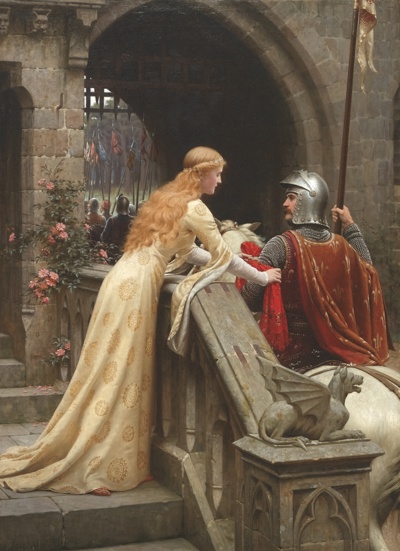
ISSN 2953-1225
Method of peer review
double-blind undertaken by a specialist member of the Board or an external specialist
Keywords
Medieval, reception, Periodization, interdisciplinarity, pedagogy, interpretation, medievalism, neomedievalism, Middle Ages, public engagement, worldwide, from 500 to 1860 and beyond
Accepted Language(s):
English, French
Accepts Contributions in Open Access
The aim is to provide a new publication platform for interdisciplinary studies of the Middle Ages; that is, research which analyses the impact and approaches to the study of the medieval era from its origins to the present day to create a unique dialogue between scholars, professionals, and practitioners. In moving away from traditional approaches and towards the inter- and multi-disciplinary, the premise is to gain a snapshot of how (and why) the Middle Ages have been formed and are perceived across fields as well as over vast periods of change and countries, boundaries, and borders; to continue driving and moulding this innovation through examinations of the phenomenon/movement (in traditional or ‘neo-’form), its historiography, representation, image, presentation, and pedagogies.
The Series offers radical, exciting, informed, and innovative readings of the importance and prominence of the Middle Ages in the twenty-first century, how and why its significance has endured since the post-medieval era, and, most importantly, how critical curiosity of the era has been received, imagined, invoked, used, abused, and refashioned in the Medieval, Early Modern, Modern and Contemporary periods (so to speak). Rich collisions and fresh perspectives reveal ideas and exercises across centuries of practice and provide a new set of reference points that reframe the ‘medieval’ itself thereby presenting a fresh, broad, and representative picture of the deep connections between the modern and pre-modern world.
Titles will cover all forms of engagement with the more emerging field of neo-medievalism—at least as a revivalist subdiscipline over the last two generations—from the academy to modern pedagogies and constructs in popular culture from a multitude of fields, including history, art, architecture, archaeology, literature, musicology, public engagement and interpretation, digital humanities/heritage. Welcoming burgeoning topics such as film & TV, video games, social media, performing arts/cinema/drama, and particularly education, race, gender and decolonisation, as well as traditional approaches including historiography and renaissance/revival studies, it is based on the premise that the Middle Ages should be cultivated within and expanded beyond the academy, thereby bringing the media, education, popular, historical, and political discourses, into an engagement and dialogue with the past.
-
EDITORIAL BOARD
Jaume Aurell, University of Navarra, Spain
Richard Utz, Georgia Tech, USA
Allison Gulley, Appalachian State University, USA
Oleg Benesch, University of York, UK
Peter Frankopan, University of Oxford, UK
David Matthews, University of Manchester, UK
Simon Trafford, The Institute of Historical Research (IHR), UK
KellyAnn Fitzpatrick, Georgia Tech, USA
Howard Williams, University of Chester, UK
Katherine Lewis, Huddersfield University, UK
Kavita Mudan Finn, Massachusetts Institute of Technology, USA
Vincent M. Ferré, Université Paris Est Créteil, France
Kenna Olsen, Mount Royal University, Canada
Michael Fordham, Assistant Headteacher at the West London Free School and an Affiliated Lecturer at the University of Cambridge, UK
Nadia Altschul, University of Glasgow, UK
-
AUTHOR INFORMATION
Main language: English
Additional language: French
All volumes in this series are evaluated by an Editorial Board, strictly on academic grounds, based on reports prepared by referees who have been commissioned by virtue of their specialism in the appropriate field. The Board ensures that the screening is done independently and without conflicts of interest. The definitive texts supplied by authors are also subject to review by the Board before being approved for publicationBrepols general stylesheet can be found at: https://www.brepols.net/permalink/stylesheet-full-refs